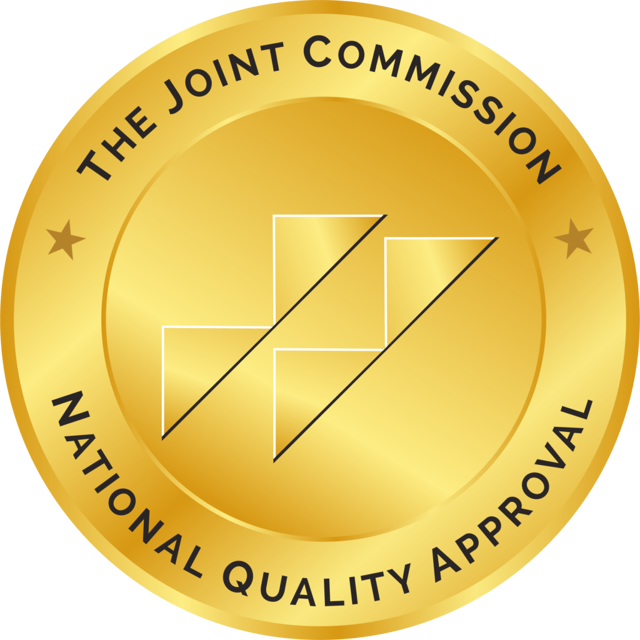
Specialty Care
Infusion treatments, whether at home, in a healthcare clinic or other non-hospital setting, require highly trained Specialty Care nursing and pharmacy support. Trust becomes essential for these higher-risk infusion therapies that require ongoing care.

Clinical Nutrition
Nutrition plays an essential role in sustaining quality of life for those who require care for complex conditions. Pentec Health provides personalized clinical nutrition solutions and superior community-based care.

Disease States
Managing the multifaceted needs for a variety of conditions requiring clinical nutrition and specialty care therapies, services and products. This includes patients with kidney disease, kidney failure, chronic, non-healing wounds, gastrointestinal conditions, rare metabolic disorders, chronic pain, muscle spasticity or cancer within or that has metastasized in the liver.

Continuing Education
By leveraging decades of clinical expertise, we are able to successfully demonstrate our industry leadership through webinars, speaker programs and research studies. We take pride in sharing valuable insights that enhance clinician education and practice.

Patient Resources
We are committed to supporting patients by empowering them with knowledge and resources needed to navigate their healthcare journey with confidence.

Pentec Health
Pentec Health is a national leader in clinical nutrition and specialty care integrating pharmacy services with clinical excellence to enhance the complex care journey.

Facts you might not know about chronic pain
Chronic pain can be a difficult companion, significantly impacting an individual's quality of life. Unfortunately, misconceptions surrounding its management can create barriers to effective treatment. The more we understand about chronic pain, the better we can support ourselves and others in finding relief.
Understanding Chronic Pain
Chronic pain is more than just a prolonged sensation of discomfort. It is a complex condition that persists beyond the typical healing process. Often, it involves changes in the nervous system, leading to pain signals that continue even after the initial injury has healed. This understanding is crucial to widening our understanding:
Did you know….
- Pain is always a real sensation. Chronic pain can exist even when tests don't reveal obvious damage.1
- Persistent pain is actually far more common than many realize, approximately 8-21% of adults in the U.S. suffer from either chronic pain or high-impact chronic pain.2 It is the leading cause of disability in the world.3
- Pain is not a normal part of aging and will not necessarily worsen over time. Our bodies have the capability to adapt positively to change and can respond well to treatment.
The Opioid Crisis and Pain Management
The opioid crisis has understandably created concerns about pain medication. It is important to clarify that while opioids have a role in some pain management strategies, they are not the only solution, and responsible prescribing is essential. Additionally, alternative delivery methods can ensure effective pain relief using lower medication dosages.
A varied approach, including therapies beyond medication, is often more effective for chronic pain than pain medication alone. These include lifestyle changes, psychological, physical, occupational, and complementary medicine therapies.
Interventional Pain Treatment and Management
Interventional pain management offers a range of techniques to alleviate pain. It is crucial to have a thorough understanding of how these treatments work:
- Many interventional techniques are minimally invasive, using treatments such as injections, nerve blocks, and implantable devices to alleviate discomfort without the need for surgery.4
- Treatments are designed to help manage varying degrees of pain from intermittent to chronic and persistent. They aim not only to relieve those in constant pain but also to improve their overall quality of life.
- People of any age can experience severe and chronic pain; they can also benefit from specialized care and interventional pain management, especially after other therapies have been tried. Qualified healthcare professionals can often suggest this for chronic pain, regardless of age.
The Role of Pain Therapy Pumps
Implanted intrathecal pumps deliver medication directly to the spinal fluid, providing targeted pain relief with potentially lower doses compared to oral medication. This can be a valuable option for individuals with chronic pain who haven't found sufficient relief through other methods. As highlighted in our previous blog, "What are implanted pumps?", this technology offers a breakthrough in targeted drug delivery.
Conclusion
By providing accurate information, we can empower individuals to seek effective chronic pain management. If you or someone you know is struggling with chronic pain, please seek professional medical advice to explore available treatment options.
References
1. Vranceanu, AM. “Myths About Chronic Pain.” Society of Behavioral Medicine, https://www.sbm.org/healthy-living/myths-about-chronic-pain. Accessed 7 Apr. 2025.
2. “NIH Study Finds High Rates of Persistent Chronic Pain among U.S. Adults.” National Institutes of Health, U.S. Department of Health and Human Services, 16 May 2023, https://www.nih.gov/news-events/news-releases/nih-study-finds-high-rates-persistent-chronic-pain-among-us-adults. Accessed 7 Apr. 2025.
3. “12 Myths About Pain.” NHS Highland, www.nhshighland.scot.nhs.uk/media/o2ujoaui/12-myths about-pain.pdf. Accessed 7 Apr. 2025.
4. “Debunking Common Myths About Interventional Pain Management.” American Pain Consortium, 26 May 2023, https://www.americanpainconsortium.com/patient-resources/news/2023/may/debunking-common-myths-about-interventional-pain/. Accessed 7 Apr. 2025.

Proudly Quality Accredited
National Quality Approval
The Joint Commission

Accredited Practice Transition
Program With Distinction
American Nurses Credentialing Center
By using this website you accept our privacy policy. Choose the browser data you consent to allow:
